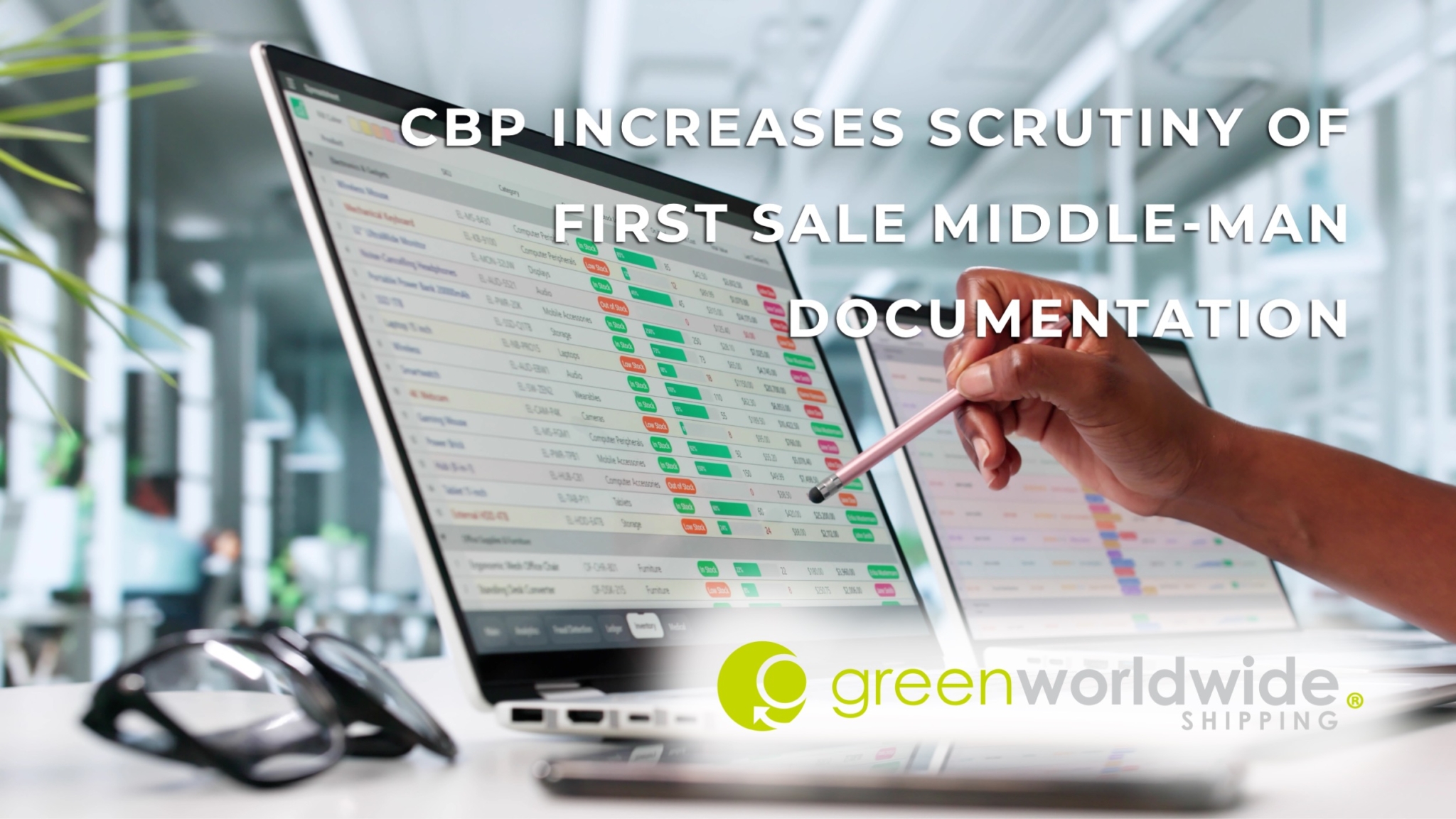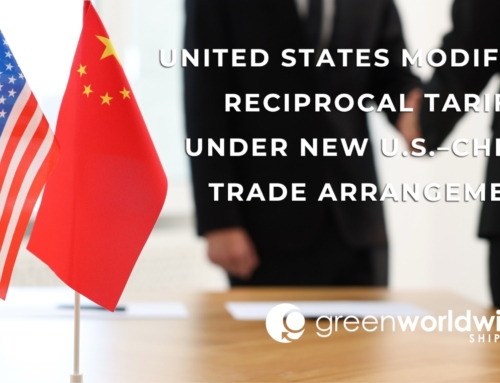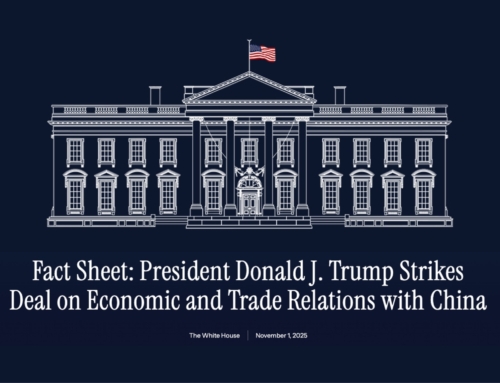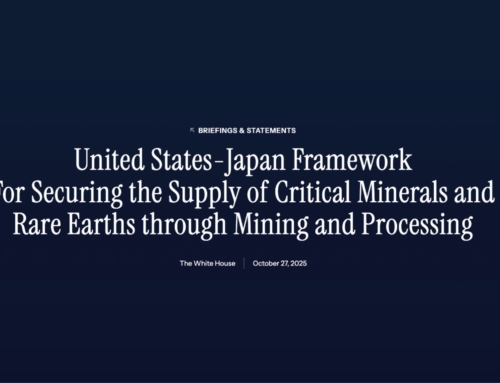U.S. Customs and Border Protection (CBP) continues to refine how it examines multi-tier import transactions, with a stronger focus on documentation supporting first sale for export valuation. Importers using first sale to determine declared value should expect closer review of intermediary paperwork and transaction structures. According to trade compliance professionals, CBP’s current approach reflects a gradual shift from basic document verification to a comprehensive assessment of how goods move through each tier of sale and how commercial risk is assigned.
HOW IS CBP APPROACHING FIRST SALE REVIEWS?
Industry experts report that CBP examiners are taking a more detailed approach to first sale transactions, now looking beyond invoice comparisons to confirm that each sale represents an independent, bona fide transaction. Reviews often include verification of who held title, who assumed risk, and how prices were established. When a transaction involves agents, trading companies, or related entities, CBP examiners are increasingly requesting documentation that clarifies each party’s role in the overall structure. Specialists note that when questions arise, reviews can advance from an information request to an action notice or referral for audit.
WHAT TYPES OF DOCUMENTATION IS CBP REQUESTING?
Import professionals have also observed that CBP’s document requests are becoming more granular. Importers may be asked to submit purchase orders, invoices, contracts, cost worksheets, Incoterms confirmations, and accounting records that demonstrate how each sale tier was valued. In complex cases, CBP may also request manufacturing data or cost-build worksheets from intermediaries when those entities purchase assembly services or supply materials. These reviews aim to verify that each transaction tier reflects actual commercial value rather than administrative transfer pricing.
WHERE IS ENFORCEMENT MOST ACTIVE?
Two areas continue to receive heightened scrutiny—valuation and country of origin. CBP has expanded its review of both, especially when transfer pricing or multi-country sourcing affects declared value. Importers applying first sale to products subject to antidumping, countervailing, or Section 301 measures are seeing more verification requests. Section 232 declarations for steel and aluminum have also appeared in certain reviews. These actions suggest a growing importance to CBP to align declared value with real commercial practice throughout each transaction.
WHAT DOCUMENTATION PRACTICES HELP PROVE COMPLIANCE?
Thorough documentation remains the most effective defense in any first sale review.
Importers should maintain:
-
Executed purchase orders and invoices for each sale tier
-
Proof of title and risk transfer such as insurance terms and Incoterms references
-
Cost-build or bill-of-materials documentation for assembled goods
-
Payment records directly tied to each shipment and supplier
-
Accounting or margin analyses that demonstrate arm’s-length pricing
These records form the complete paper trail CBP expects and support an importer’s claim of reasonable care during an audit.
WHY DOES REASONABLE CARE STILL MATTER?
Reasonable care continues to be a deciding factor in mitigating penalties and maintaining trust with CBP. Importers that can show documented procedures for first sale evaluation, supported by supplier training and internal audits, demonstrate a proactive compliance position. Communication with middlemen should be clearly defined in supplier agreements to ensure that all documentation is available before a shipment departs the port of export.
HOW CAN IMPORTERS BOOST COMPLIANCE READINESS?
With valuation and origin reviews increasing, importers should assess their first sale frameworks to confirm that every transaction layer can be verified. Internal audits, supplier briefings, and updated record retention policies can prevent documentation gaps. The ability to provide clear and consistent proof for each intermediary sale remains essential to preserving first sale eligibility and avoiding costly delays. Working with a trusted compliance provider like Green Worldwide Shipping helps importers ensure that processes remain accurate and fully aligned with current CBP regulations.
Stay up-to-date on freight news with Green’s Weekly Freight Market Update by following us on LinkedIn. For continuous updates, make sure to check out our website at greenworldwide.com.





